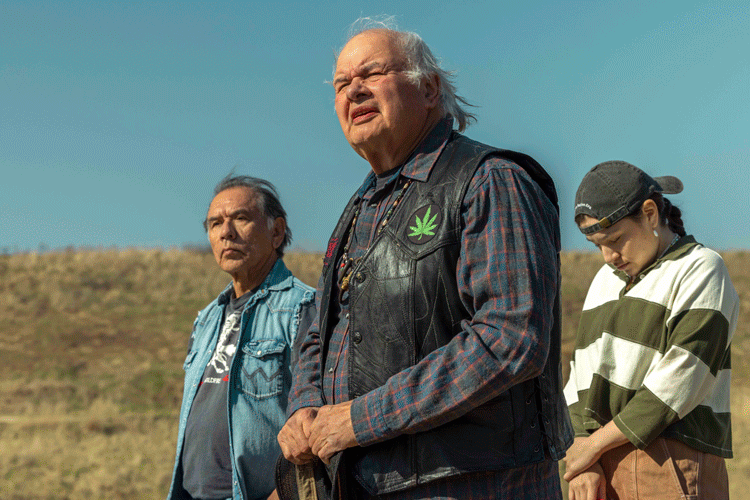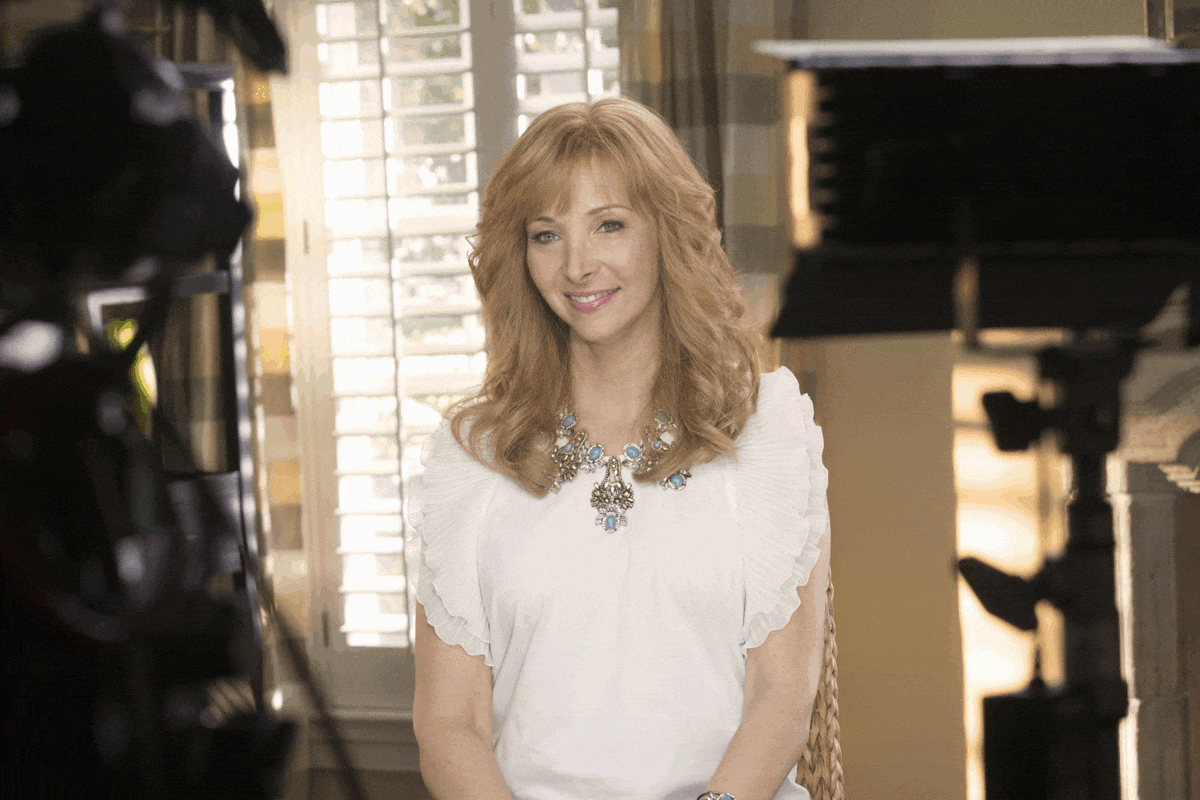PBS Says It Will Produce American Dramatic Works
- Share via
PBS is jumping back into the arena of producing and broadcasting a variety of major American dramatic works, and in a major way.
Beginning with the 1999-2000 season, it will bring nine dramas to public television over three seasons at a cost of $40 million, PBS executives announced Tuesday.
The new production house--a multi-headed entity encompassing public television, a corporate sponsor and the Hollywood production company of award-winning producer Marian Rees--will be known as “Mobil Masterpiece Theatre’s American Collection.”
In recent years, due to falling budgets and high production costs, public television had essentially stopped producing major American dramas. PBS had drastically cut funding to “American Playhouse,” and in turn the New York-based production house dramatically downsized its role in public broadcasting, eventually leaving it altogether.
PBS President Ervin S. Duggan, pointing out that four years ago he himself spoke of wanting American drama to air on public television, called the return “very exciting” and “ a dream come true.” But he clearly wanted to defer to a trio of women--Kathy Quattrone, PBS’ executive vice president, who played a key role in bringing the initiative to fruition; Rebecca Eaton, executive vice producer of WGBH’s long-running “Mobil Masterpiece Theatre”; and Rees, whose productions have frequently been selected to air on “Hallmark Hall of Fame.”
“I exist to liberate the energies of these people on this stage,” he told an audience of television reporters and critics in Pasadena.
The initial titles from Rees’ new nonprofit entity A.L.T. Films--American Literature on Television--are Willa Cather’s “The Song of the Lark” and Langston Hughes’ “Cora Unashamed.”
The first projects from WGBH in Boston include Henry James’ “The American,” a co-production with the BBC, and “Mark and Livy,” the story of Mark Twain and his wife Olivia. It is not yet known in what order these will be presented.
When several in the audience questioned where contemporary drama was coming from and asked if “American Collection” just was going to present works from “dead authors,” the participants insisted that that was not the case.
Indeed a release distributed by Rees’ company said A.L.T. Films seeks “American novels, short stories and plays, both classic and contemporary, written by distinguished and recognized authors. The works chosen should illuminate and confirm American core values and should recognize not only our diversity, but also the common threads and experiences that bind us together.”
Rees also said she has been quietly testing the waters in Hollywood and was encouraged by the response from colleagues and key people in the industry, including heads of corporations as well as key agencies. She noted that because of the PBS brand and the absence of commercials interrupting programming, “you can reach out with a sense of integrity to the material.”
The funding includes $15 million from the federal Corp. for Public Broadcasting. It is the largest single grant in its history. A substantial amount is also coming from Mobil, although a top communications executive who was present declined to say how much. He noted, however, that in its 27 years of funding “Mobil Masterpiece Theatre,” Mobil has contributed a quarter of a billion dollars, and he indicated the dollars would be comparable to an average year. Meanwhile, Duggan called Mobil the “Medicis of corporate funding.”
Eaton, meanwhile, spoke of her delight at having “significant British money” come into American dramatic production but she declined to say how much the BBC was offering.
Rees’ productions for television include this year’s “Ruby Bridges,” “The Gift of Love” (1994), “Miss Rose White” (1992) and “The Shell Seekers” (1989).
Prior to the formal announcement, Duggan gave an overview of PBS’ financial condition and presented a rather bright picture. He said that by the year 2000 he expects PBS’ national programming budget to be $165 million; last year it was $143 million, he said. He indicated that PBS’ ancillary ventures including PBS Home Video are faring well. “I don’t believe in zero sum growth,” he said with evident pride.
More to Read
The complete guide to home viewing
Get Screen Gab for everything about the TV shows and streaming movies everyone’s talking about.
You may occasionally receive promotional content from the Los Angeles Times.





